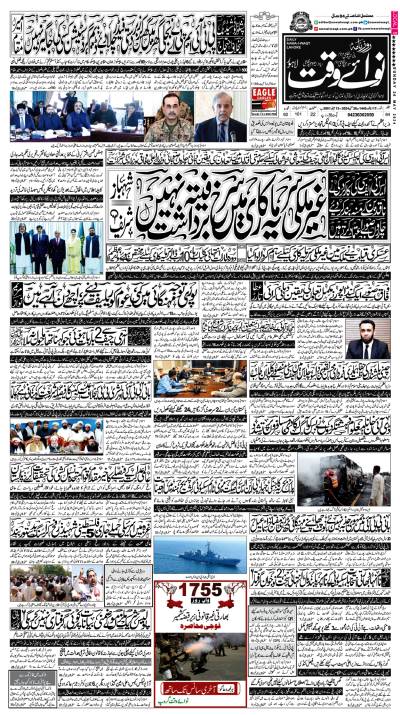NUSA DUA, Indonesia (Reuters) - President Barack Obama exerted fresh pressure on China on Saturday over a range of sensitive issues, from Beijing's currency policies to dealing with territorial disputes in the South China Sea, as he reasserted US presence in the region. In a major diplomatic push, Obama has moved to open up new trade ties with the fastest-growing region in the world while increasing US military presence, to counter the growing clout of China, the world's second-largest economy. Obama underlined in talks with Chinese Premier Wen Jiabao US concerns about long-festering economic issues, such as China's currency policy. US lawmakers have long argued Beijing keeps the value of the yuan down to help drive the country's exports engine, a stance they say costs American jobs. He also raised the thorny issue of how to resolve competing claims by Asian countries, including China, to the sovereignty of the South China Sea, the latest point of friction between the two countries. Obama told Wen, who indirectly warned Washington to stay out of the dispute, that the United States wanted to ensure the sea lanes were kept open and peaceful. Tensions flared earlier this year with often tense maritime stand-offs between claimants, including China, to a sea that carries some $5 trillion (3.16 trillion pounds) a year in world trade. An Australian think tank warned in June the tensions could spark a conflict that could draw in the United States and other powers. Obama and Wen met on the resort island of Bali, Indonesia, on the sidelines of the East Asia Summit, a gathering of 18 countries with diverse political and cultural backgrounds but which seeks to boost political and security cooperation. Vietnam, the Philippines, Taiwan, Malaysia and Brunei all have claims to parts of the South China Sea, while China claims large parts of the region, which might hold rich deposits of oil and gas. Southeast Asian countries, along with the United States and Japan, are pressuring Beijing to try to seek some way forward on the issue of sovereignty, prompting Wen on Friday to warn "outside forces" to stop interfering, a veiled reference to Washington and Tokyo. China wants to hold bilateral talks with other countries that claim parts of the South China Sea as their territory, but the Southeast Asian claimants, the United States and Japan are pushing for a multilateral approach. "It ought to be resolved through friendly consultations and discussions by countries directly involved. Outside forces should not, under any pretext, get involved," Wen told a meeting on Friday with Southeast Asian leaders, several of whose countries claim sovereignty to parts of the South China Sea. Wen's comments were carried on the Chinese Foreign Ministry's website (http://www.mfa.gov.cn). US Secretary of State Hillary Clinton earlier this week urged claimants to the South China Sea not to resort to intimidation to back their claims, itself an indirect reference to China. Obama has been lower key as far as public comments are concerned. But he told the leaders of India, the Philippines, Indonesia and Malaysia in bilateral meetings in Bali that maritime issues should be discussed at the summit. The United States had been "quite direct with the Chinese about our strategy," said Tom Donilon, Obama's top national security adviser. Beijing understood that Washington was serious about sustaining a more active presence in the region to help its stability and peace, he said. "Our partners and allies look to us for that reassurance. They want to know that the United States is going to play the role it has played with respect to security and reassurance and balancing and stability here," he said. Still, he said Washington was pursuing deep engagement with China to manage a range of US-Chinese issues. "We have a very complicated and quite substantial relationship with China across the board," he said, adding that while the United States does have "economic issues" with Beijing, "our relationship with China has in the main been productive and constructive." Obama said in Australia on Thursday the US military would expand its Asia-Pacific role, declaring America was "here to stay" as a Pacific power. Days earlier, as host of the Asia Pacific Economic Co-Operation forum in Hawaii, Obama had voiced growing frustration at China's trade practices. He declared "enough is enough" as he pushed for a new Asia-Pacific trade deal with some of Beijing's neighbours. The moves are seen as an attempt to reassert US leadership in the face of China's rising influence around the Pacific Rim and reassure allies such as South Korea and Japan that it would remain a strong counterweight. However, China has adopted a largely restrained response to the expansive moves by Washington. "The US has been an important player in Asia ever since the Second World War. We are looking forward to cooperating with them, with the US, in the region," China's Assistant Foreign Minister Liu Zhenmin told reporters in Bali. Obama also announced on Friday that he would send Clinton to Myanmar next month, which has drawn closer to China in reaction to Western sanctions. It will be the first such trip to the isolated country in half a century. That will add to some fears in Beijing of encirclement in the Asia Pacific as the United States increases its footprint in the region.
Sunday, May 26, 2024
US exerts fresh pressure on China in Asia Pacific
5 SHOs of capital police transferred
May 26, 2024
Trials for U-23 KP Games end in Malakand
May 26, 2024
Princess Zahra arrives in Chitral
May 26, 2024
Taiwan Escalation
May 26, 2024
Salaries & Pensions
May 26, 2024
Controlling Mobs
May 26, 2024
An Effective Registry
May 25, 2024
Economic Respite
May 25, 2024
History’s Biggest Fraud
May 26, 2024
Self-Medication
May 26, 2024
A Call for Reform
May 26, 2024
Natural Resources in Balochistan
May 25, 2024
Tribal Disputes
May 25, 2024
ePaper - Nawaiwaqt
Advertisement
Nawaiwaqt Group | Copyright © 2024





